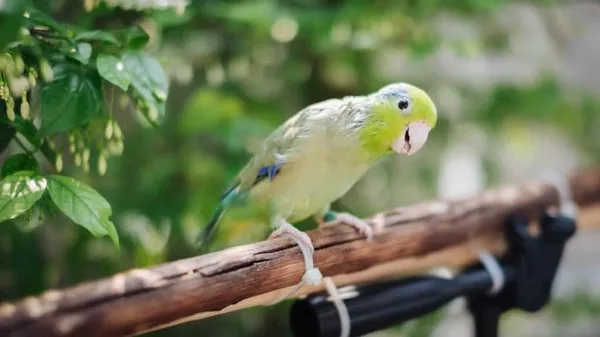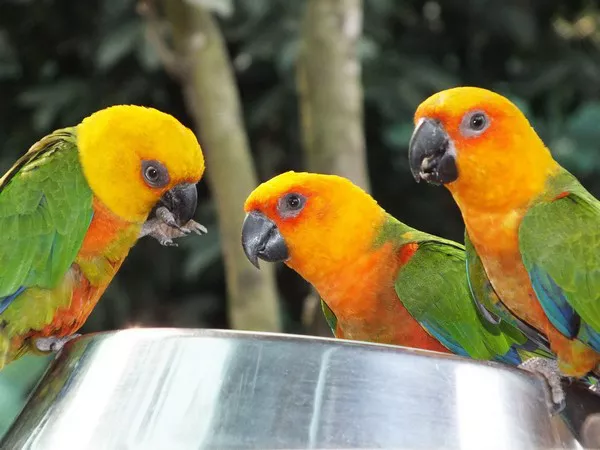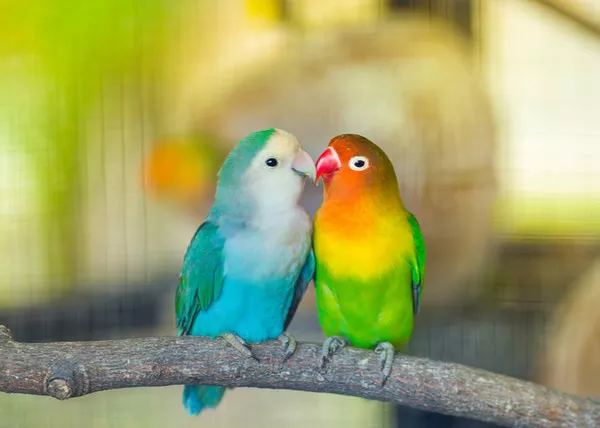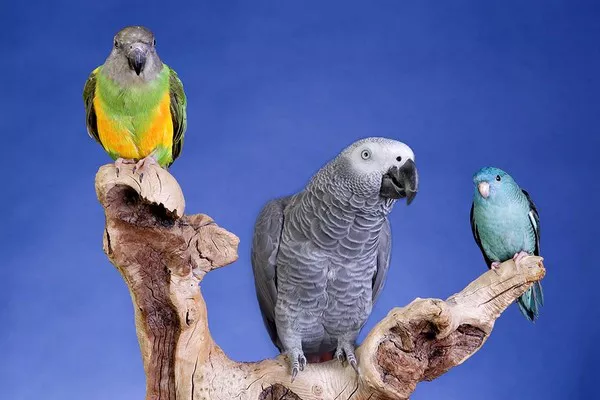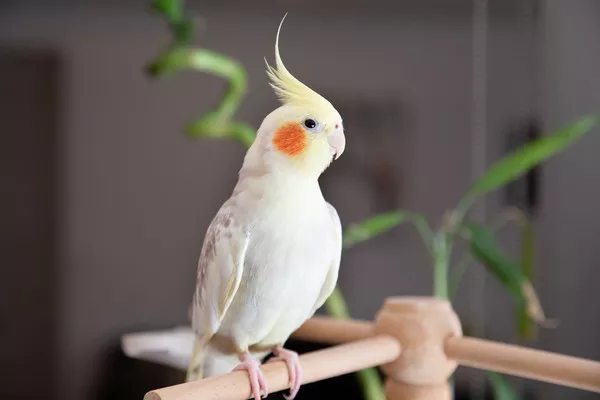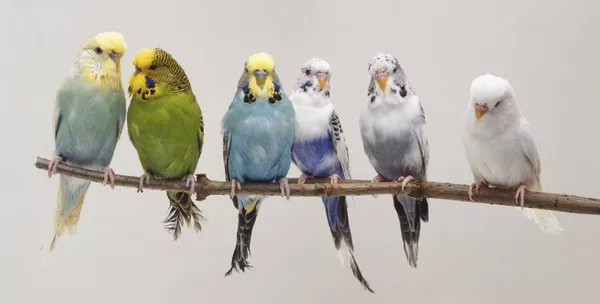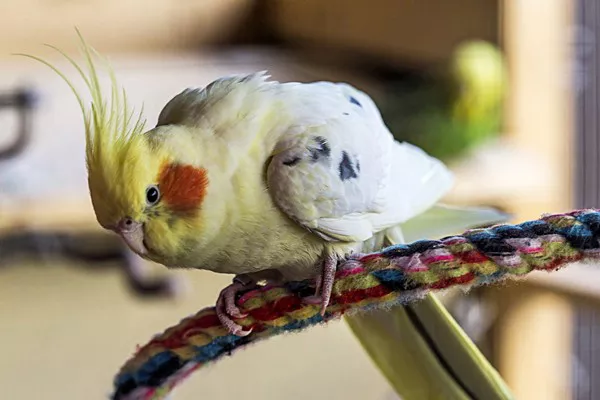Grey parrots, also known as African Grey Parrots, are renowned for their intelligence, ability to mimic speech, and affectionate nature. These captivating birds have become popular companions for bird enthusiasts worldwide. As with any pet, understanding the expected lifespan of a grey parrot is crucial for providing appropriate care and ensuring a long and fulfilling life for your feathered friend. In this comprehensive article, we will delve into the factors that influence the lifespan of grey parrots, their care requirements, and tips to promote their health and well-being.
The Average Lifespan of a Grey Parrot:
Grey parrots are among the longest-living parrot species when provided with proper care. On average, these birds can live between 40 to 60 years in captivity. However, with exceptional care and a healthy lifestyle, some grey parrots have been known to live well beyond the age of 60, sometimes even reaching 80 years or more.
Genetic Factors and Lifespan:
Genetics play a significant role in determining the lifespan of grey parrots. Birds from reputable breeders with a strong genetic background are more likely to enjoy a longer and healthier life. Responsible breeding practices can contribute to reducing the risk of hereditary health issues, ensuring that the parrots have a better chance of living a full and happy life.
Nutrition and Diet:
Proper nutrition is paramount in promoting the longevity of grey parrots. A balanced diet rich in a variety of fresh fruits, vegetables, high-quality pellets, and occasional nuts or seeds is essential. Avoid feeding your grey parrot foods high in fat, sugar, or salt, as these can lead to obesity and various health problems.
Exercise and Mental Stimulation:
Grey parrots are intelligent and highly social creatures that require mental stimulation and regular physical exercise. Engaging them with toys, puzzles, and interactive activities helps prevent boredom and behavioral issues. Allowing your grey parrot supervised out-of-cage time to fly and explore provides valuable exercise and keeps them mentally sharp.
Veterinary Care:
Regular veterinary check-ups are crucial in monitoring your grey parrot’s health. Annual wellness exams help detect potential health issues early on, allowing for timely interventions and treatments. Find an experienced avian veterinarian who understands the specific needs of grey parrots.
Social Interaction and Bonding:
Grey parrots thrive on social interaction with their human caregivers. Building a strong bond through regular interaction, talking, and positive reinforcement helps alleviate stress and promotes emotional well-being. Providing your parrot with love and attention strengthens the human-bird relationship.
Avoiding Harmful Substances:
Toxic substances can have severe consequences for grey parrots. Keep them away from tobacco smoke, household chemicals, and plants that may be harmful to birds. Provide a safe environment to prevent accidental exposure.
Grooming and Hygiene:
Regular grooming, including nail and wing trimming when necessary, contributes to your grey parrot’s overall well-being. Offer regular bathing opportunities, either through misting or shallow water dishes, to help keep their feathers clean and healthy.
Recognizing Behavioral Changes:
Grey parrots are sensitive creatures, and changes in behavior may indicate underlying health issues or emotional distress. Be observant and responsive to any unusual behavior and seek veterinary attention if needed.
Conclusion:
Grey parrots are fascinating and affectionate companions with the potential for a long and enriching life. Providing them with a balanced diet, regular exercise, mental stimulation, social interaction, and proper veterinary care can significantly impact their lifespan and overall well-being. Building a strong bond with your grey parrot through love and attention fosters a harmonious relationship. By creating a safe and nurturing environment, you can ensure your feathered friend enjoys a happy and healthy life for decades to come, bringing joy and companionship to your home as a cherished member of the family.
Related Topics:


